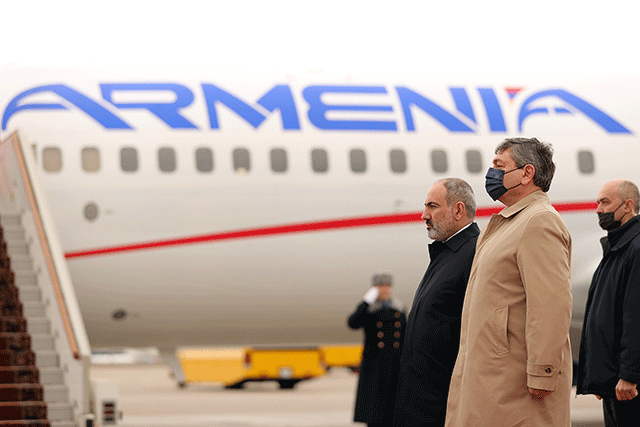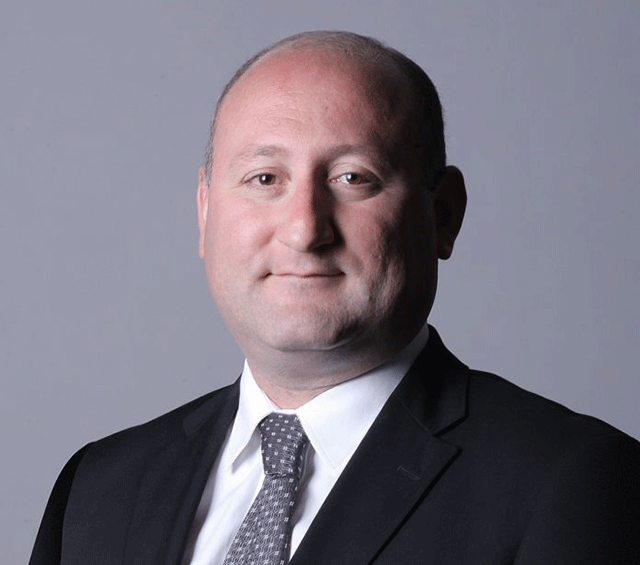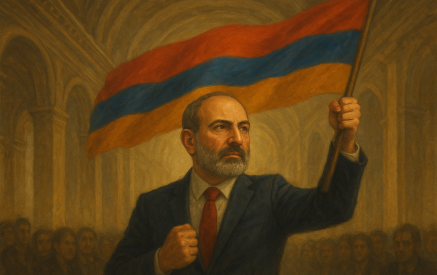by Suren Sargsyan
The Armenian Mirror-Spectator
At the end of 2022, I published an article in the Armenian Mirror Spectator in which I tried to summarize the challenges that are facing the Armenian people and will continue to be relevant in 2023 as well, without suggesting any solution. The purpose of the article was to prepare a basis for discussions and to try to find answers to the questions that were put forward. A lot of readers who really understood this goal wrote to me, offering discussions, and presenting thoughts and ideas about the challenges that arose. I received dozens of letters and comments on various platforms from our concerned compatriots. There were also thoughtless people who did not understand the essence of the problem or tried to distract the Armenian public from these important ideas. In many cases, of course, they were not Armenians, but representatives of other states, who presented themselves as Armenians in social networks. Anyway, we are moving forward with our challenges and problems.
Read also
The current world order has cracked, but has not yet collapsed. The new world order is in its embryonic stage, but it has not yet been born. In other words, the world order has de facto changed, but de jure the order established as a result of the Second World War and the collapse of the USSR still exists to some extent. Such pillars of international law as the UN Charter, the International Court of Justice, the Helsinki Final Act and the Organization for Security and Cooperation in Europe (OSCE) began to emerge from international politics, rather than being its foundations. As a result of these transformations, international global institutions such as the United Nations, the World Trade Organization and the World Health Organization have found themselves in crisis.
Structures such as the OSCE, the Collective Security Treaty Organization (CSTO), and dozens of formal and informal alliances appear as if in a stupor. The current world order has turned into a world disorder. The reason for all this is the de facto formed multipolar world, which has already led to the actual distribution of global “capital.” The actions of global players in Ukraine, and before that in Afghanistan, Syria and elsewhere, essentially imply a third world war, but this is a new kind of world war typical of the modern world, with its newest manifestations, such as proxy and hybrid wars, economic sanctions, cyber, technological and economic wars.
As a result of the actions of the global superpowers, the superpowers and regional superpowers such as Turkey, India, and Pakistan also become active. The international community (which has traditionally been understood as the Western community or the advanced world) wants Europe’s problems to be the world’s problems, but the world’s problems not to be its problems. A good example is the blockade in Artsakh. It is no different from Hitler’s blockade of Leningrad during World War II. However, it is not an issue of interest to the international community. In this regard, the question arises: what to do with such realities?
My opinion is that in these difficult conditions, Armenia has two things to do. To develop proactive diplomacy to try to prevent the coming war and to develop its army in case of the failure of this diplomacy, which is quite likely. Today, Armenia is obliged to align its interests with all the main players, mobilize all Armenian and diasporan potential and work on these priorities on a daily basis. First of all, it is necessary to work with Russia, Iran and the USA. The reality is that the commencement of the so-called “Century of Peace” in Armenia is a non-perspective policy. Turkey and Azerbaijan refuse to live in peace with Armenia until they get what they want in full. The Armenian authorities do not realize this and misjudge the situation.
Today, Russia is the only state that has a military presence in Armenia and Artsakh. Iran is the only state whose interests contradict the implementation of the Turkish plan, that is, depriving Armenia of Syunik or opening the corridor. The USA is the state through which and with the influence of its Armenian community it is possible to gain influence over Azerbaijan and exert pressure on it. At the same time, Armenia should work with the USA in the fight against terrorism, because during the last war, Azerbaijan and Turkey brought terrorists to fight against Armenians. Most probably they are still in the region for future considerations.
At the same time, Armenia is the only democratic state in the region, compared to its neighbors (along with Georgia), and this is also important for Washington from the point of view of preserving democracy. In other words, there is a lot to be done and the cooperation with these powers is extremely important. As already said, Armenia has two things to do today: acquire weapons, strengthen the army and make tenfold diplomatic efforts for the sake of saving Armenia and Artsakh.
The peace agenda was unrealistic from the beginning and it makes no sense to hope for it, especially when you are dealing with genocidal Turkey and Azerbaijan.


























































